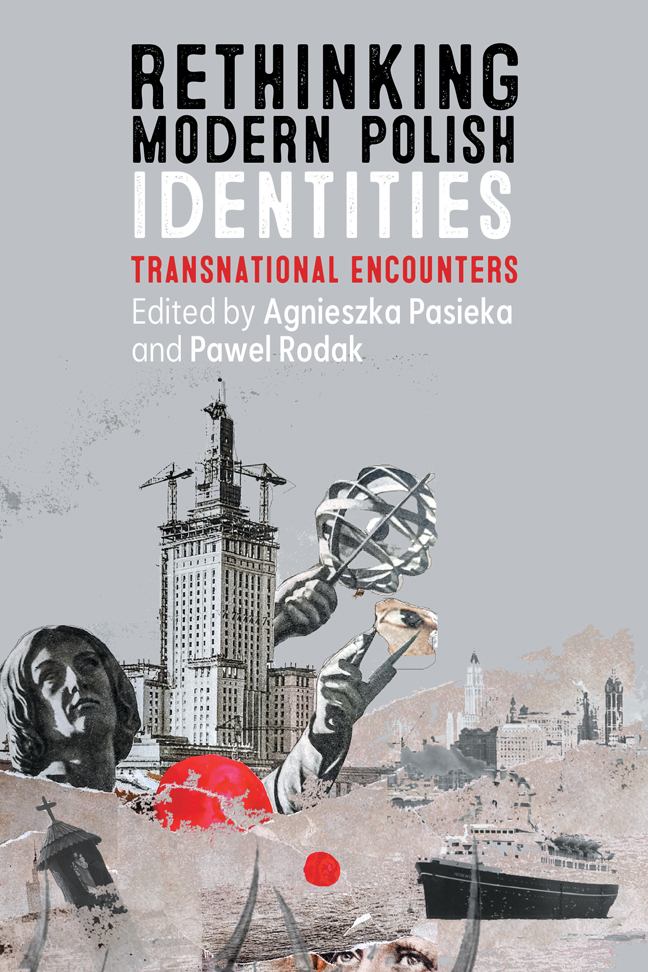Book contents
- Frontmatter
- Contents
- Acknowledgments
- Introduction: Polishness: A Story of Sameness and Difference
- Part One Redefining Polishness
- Part Two Identity in the Making
- Part Three Portraits and Performances
- Afterword: Polishness: A Time of Deconstruction, a Time of Reconstruction
- Notes on the Contributors
- Index of Names
- Index of Subjects
Introduction: Polishness: A Story of Sameness and Difference
Published online by Cambridge University Press: 10 January 2024
- Frontmatter
- Contents
- Acknowledgments
- Introduction: Polishness: A Story of Sameness and Difference
- Part One Redefining Polishness
- Part Two Identity in the Making
- Part Three Portraits and Performances
- Afterword: Polishness: A Time of Deconstruction, a Time of Reconstruction
- Notes on the Contributors
- Index of Names
- Index of Subjects
Summary
–In a word, it's all, always, unchangingly—Poland, of Poland, for Poland, to Poland …
–That's right. Here in this country we were and are impaired in that respect. We’re born with the defect of Polishness.
–I’m not talking about Poles being Poles, but rather the essential defect that arises when philosophical and sociological discussions end with a deus ex machina: Poland. There's a well-known joke about elephants—that when a Pole has to follow the other nations in writing an essay about elephants, he immediately begins: ‘The Elephant and the Polish Question.’”
—Stefan Żeromski, The Coming of SpringOnly a decade ago, a PhD candidate in anthropology wanting to study “identity” would most likely have been met by ironic smiles from search committee members. They would have pointed out the need to move “beyond identity,” to focus on “identity performances” or competing constructions of the self, as discussed within the emerging field of cognitive anthropology. To many, “identity” appeared to be yesterday's news, an issue unsuited to the postideological era, characterized by deconstructionism, self-criticism, and a reluctance to make “big claims.” Many wished to bury “identity” together along with other “essentializing” concepts such as “culture.” Beyond scholarship, “identity politics,” the key terrain of identity, had also lost its vigor and was increasingly criticized for ineffectiveness in addressing the problems faced by individuals and groups it purportedly aimed to support.
But today, the question of identity seems to be returning with renewed force in cultural, social, and political contexts. It reemerges as a subject of debates—tackling the “identity issue” supposedly offers possibilities for understanding disquieting sociopolitical developments: from a wave of right-wing populism to growing political radicalization. Also, today, “identity” is no longer neatly associated with various strands of “identity politics” and, instead, it is being increasingly appropriated by various right-wing groups (among them, nomen omen, or “Identitarians”5). Whether the topic of discussion is a farmers’ strike, changing voting patterns among the middle class, or protests against a daring theater piece by outraged citizens, we hear much about cultural identities being at stake.
- Type
- Chapter
- Information
- Rethinking Modern Polish IdentitiesTransnational Encounters, pp. 1 - 16Publisher: Boydell & BrewerPrint publication year: 2023

